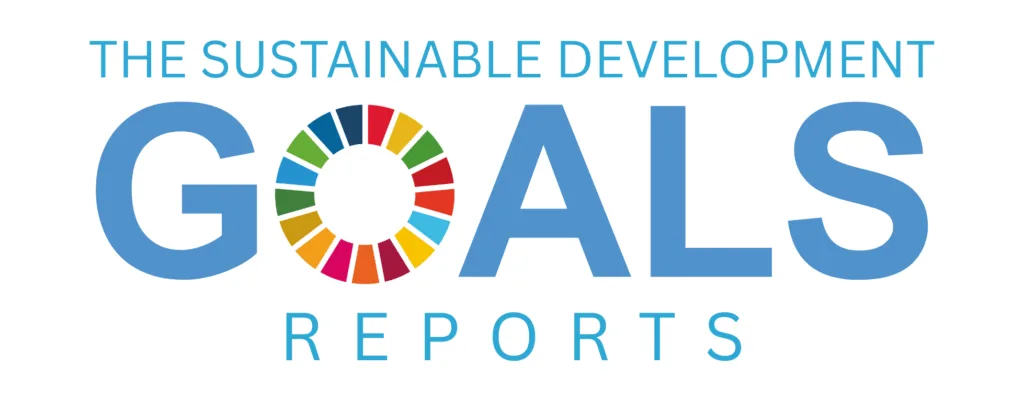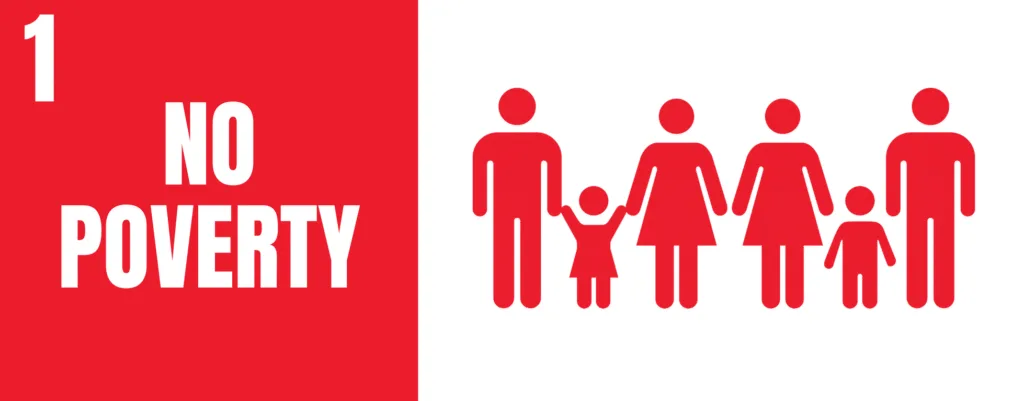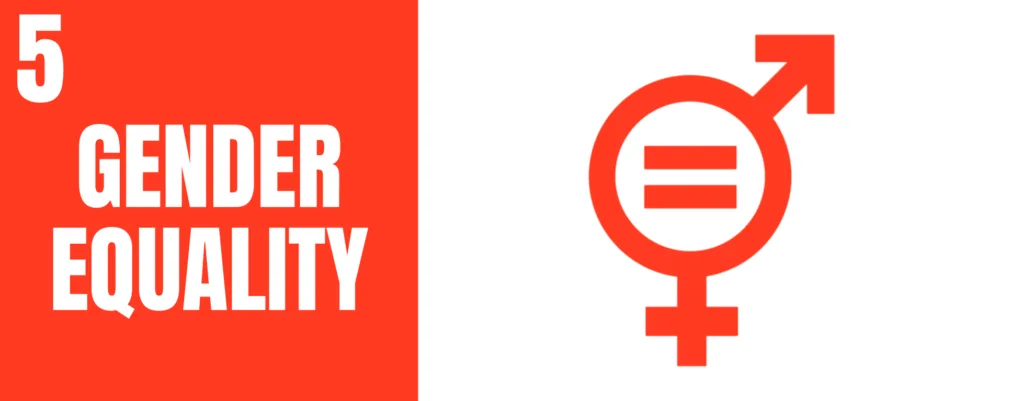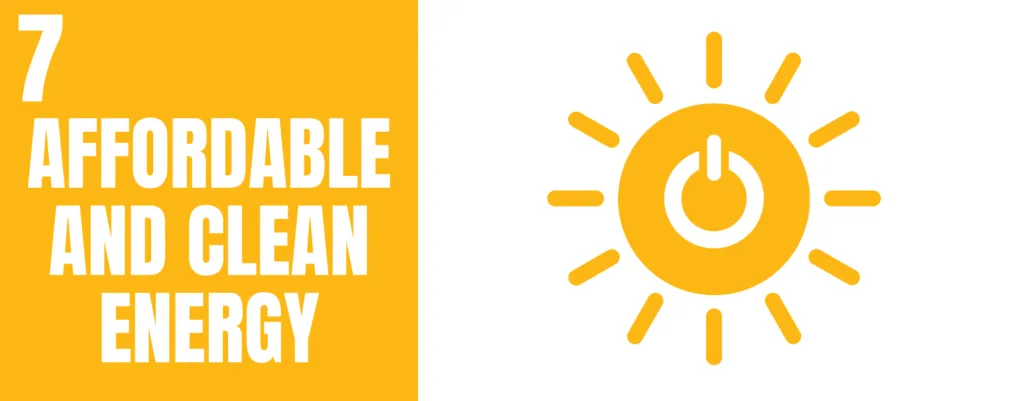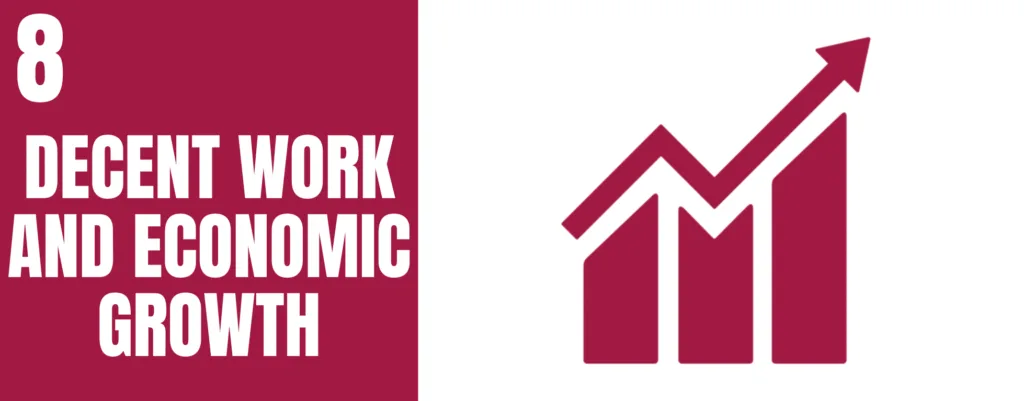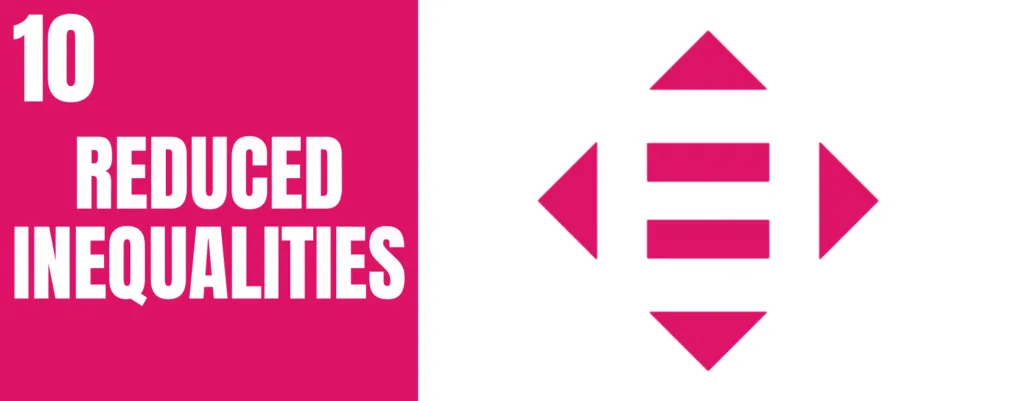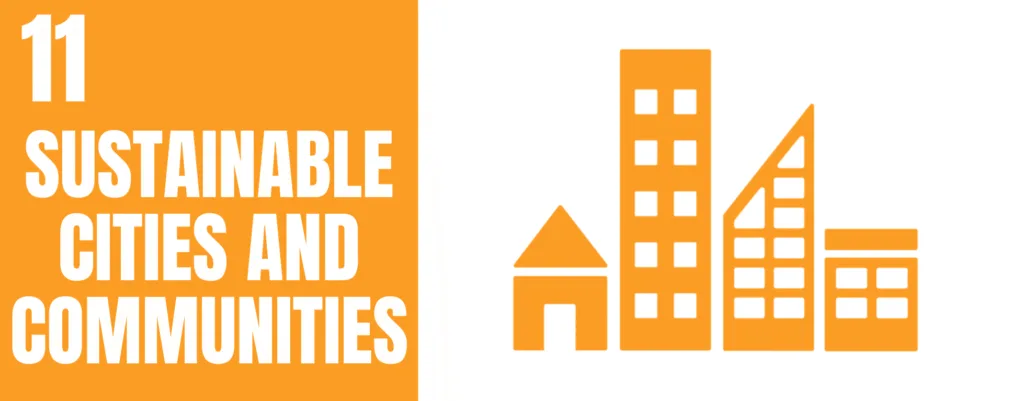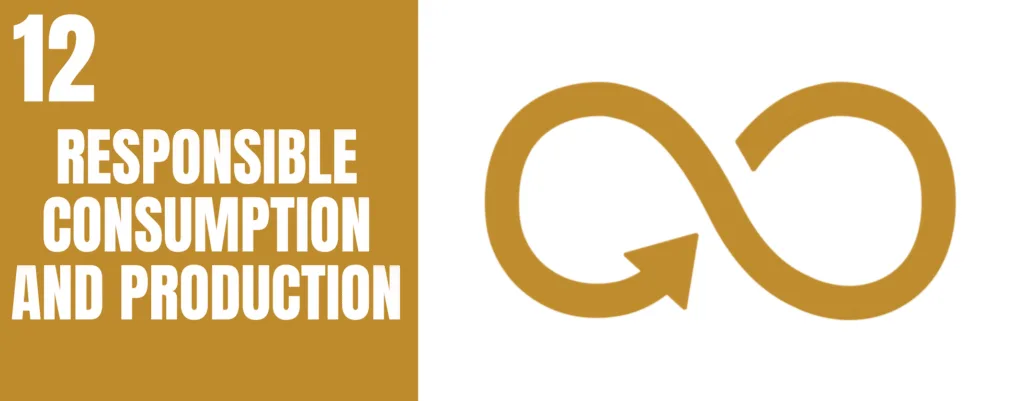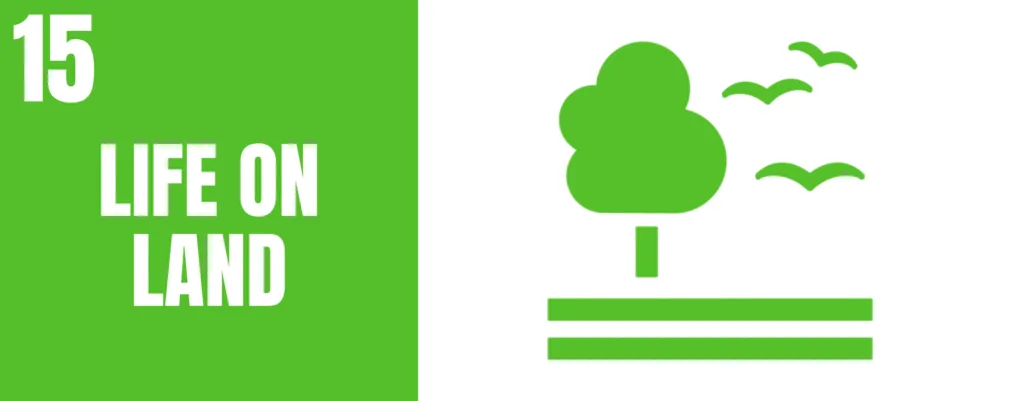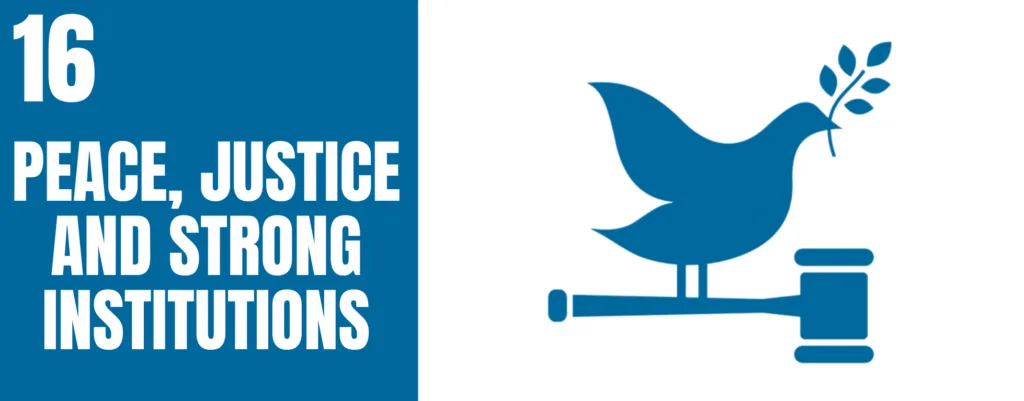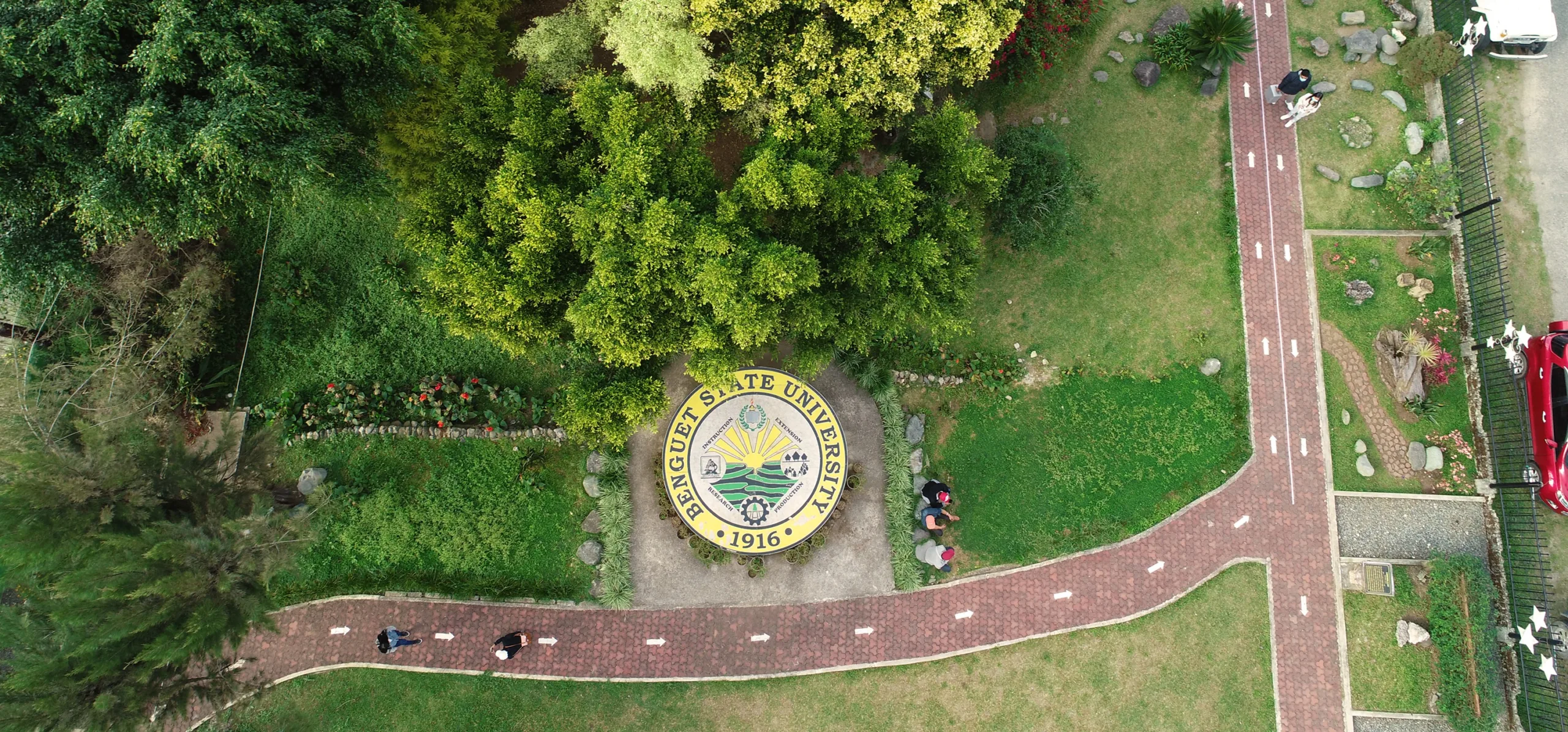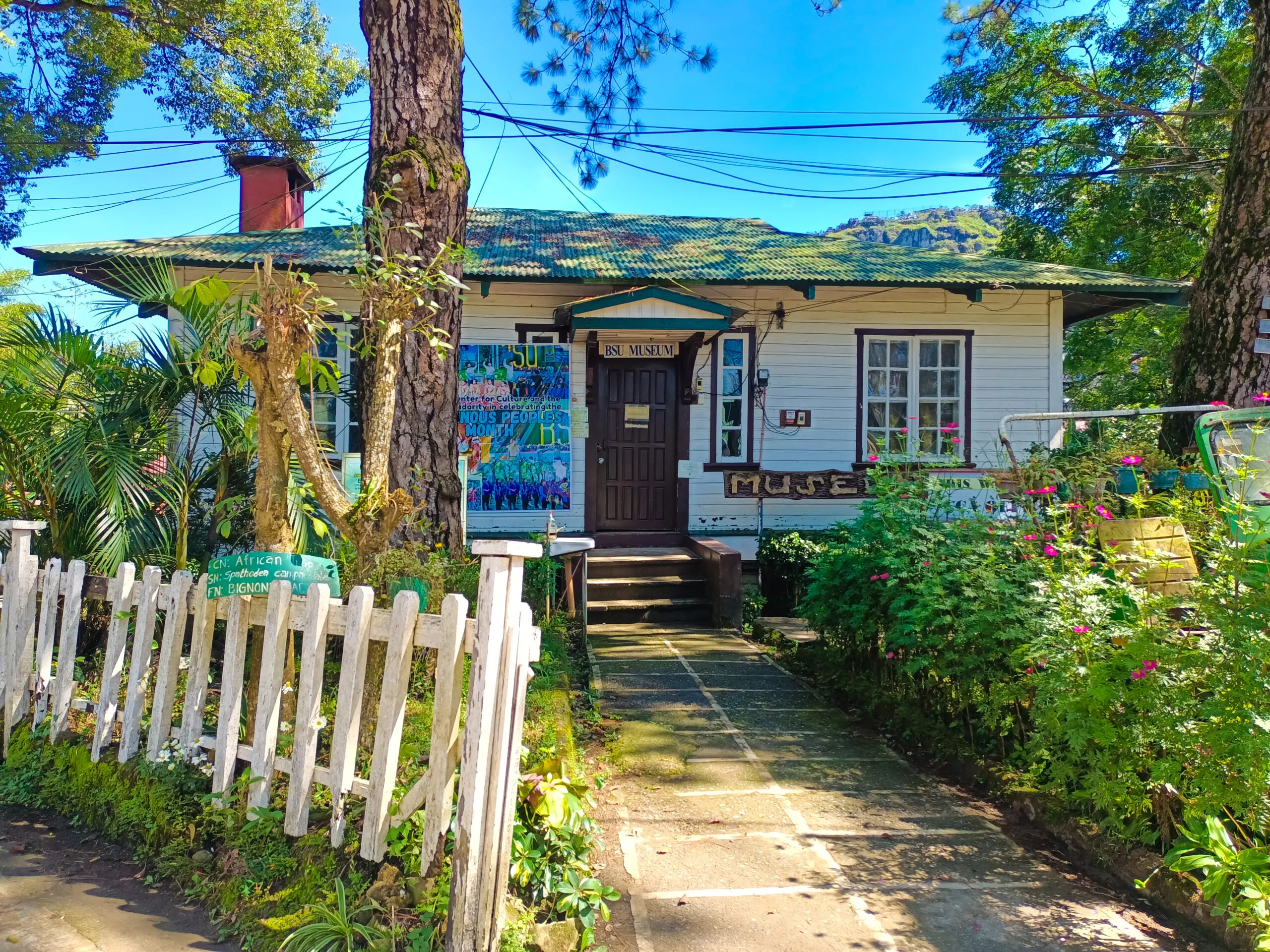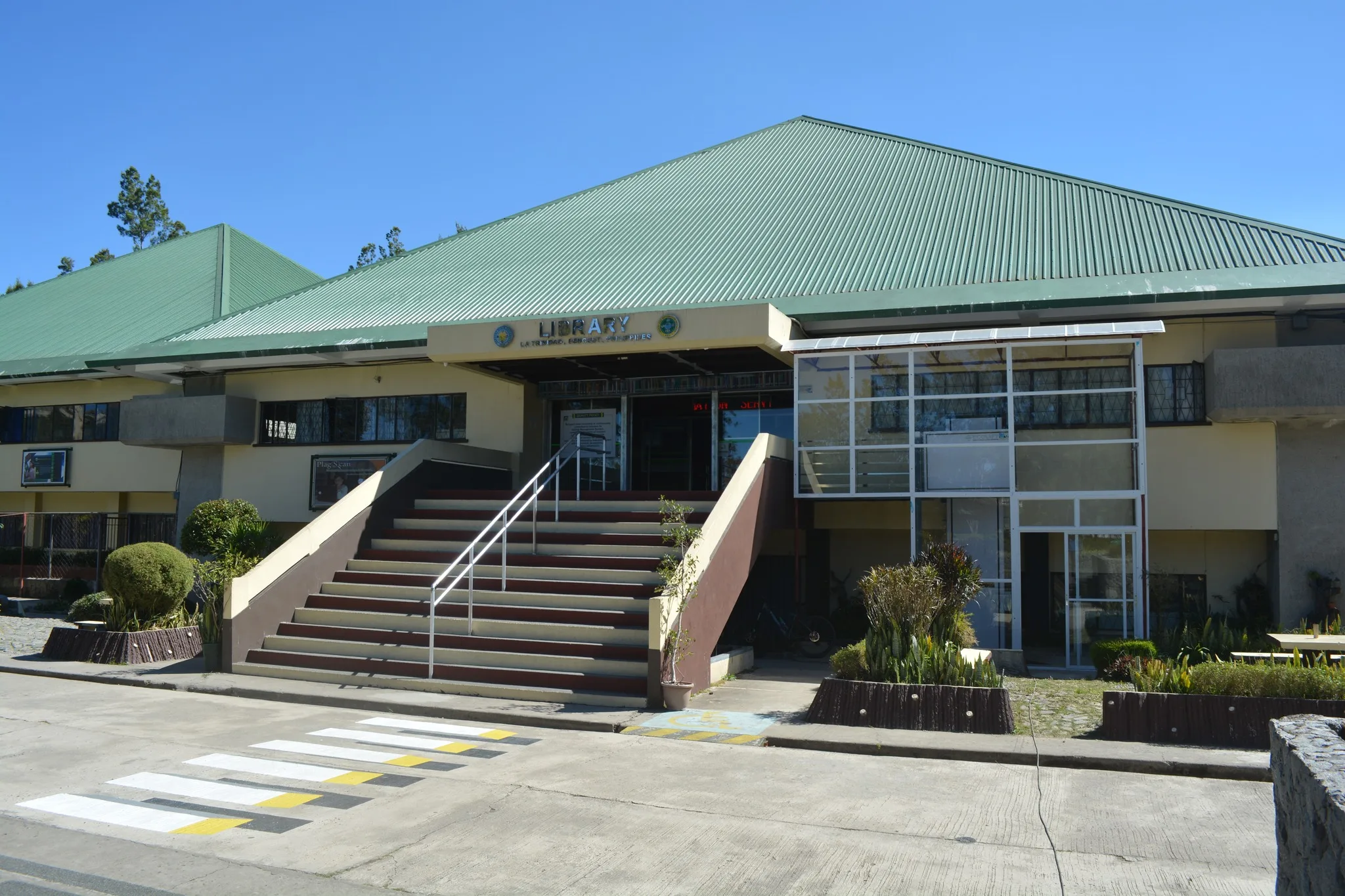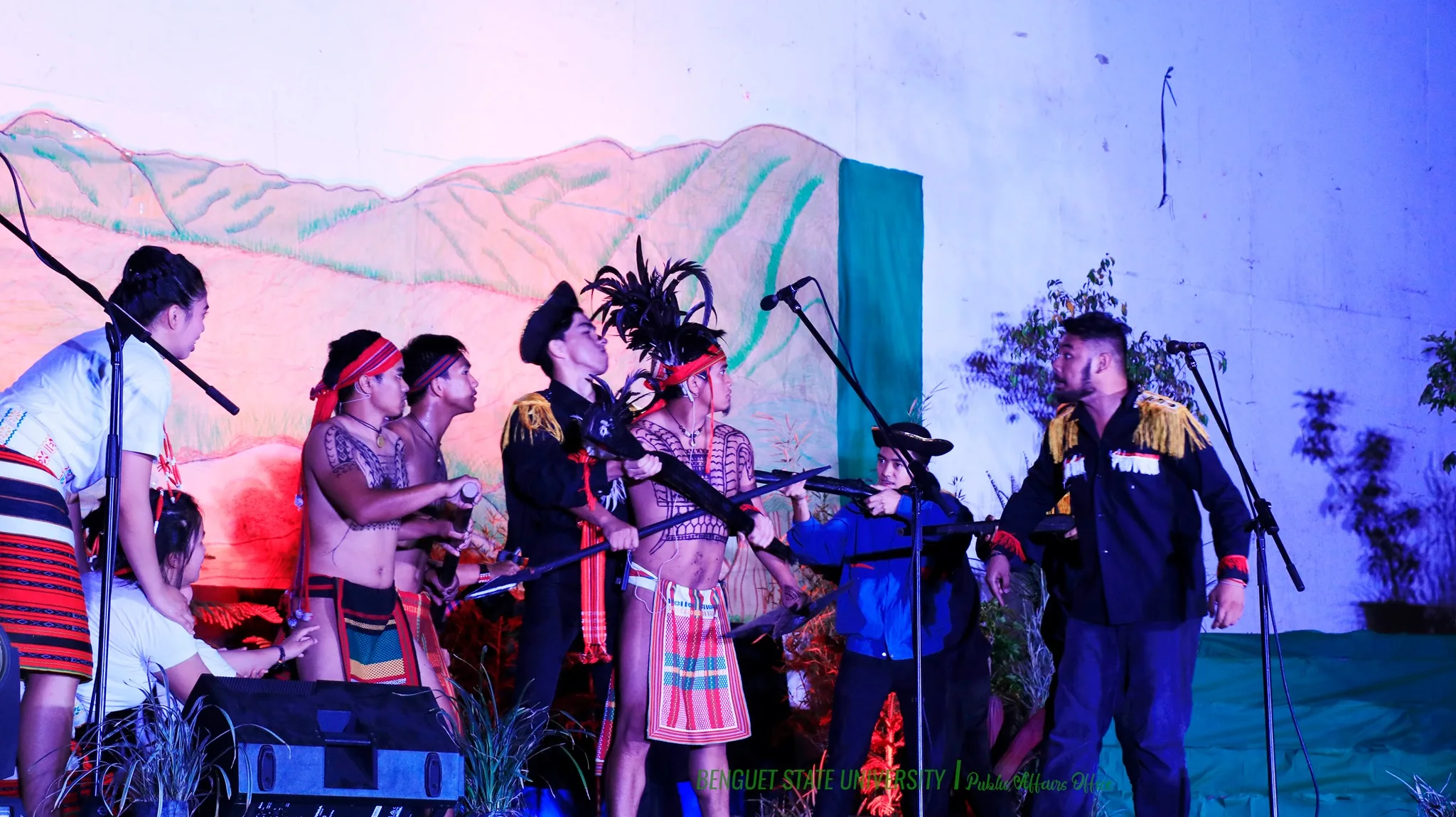SDG 11: SUSTAINABLE CITIES AND COMMUNITIES
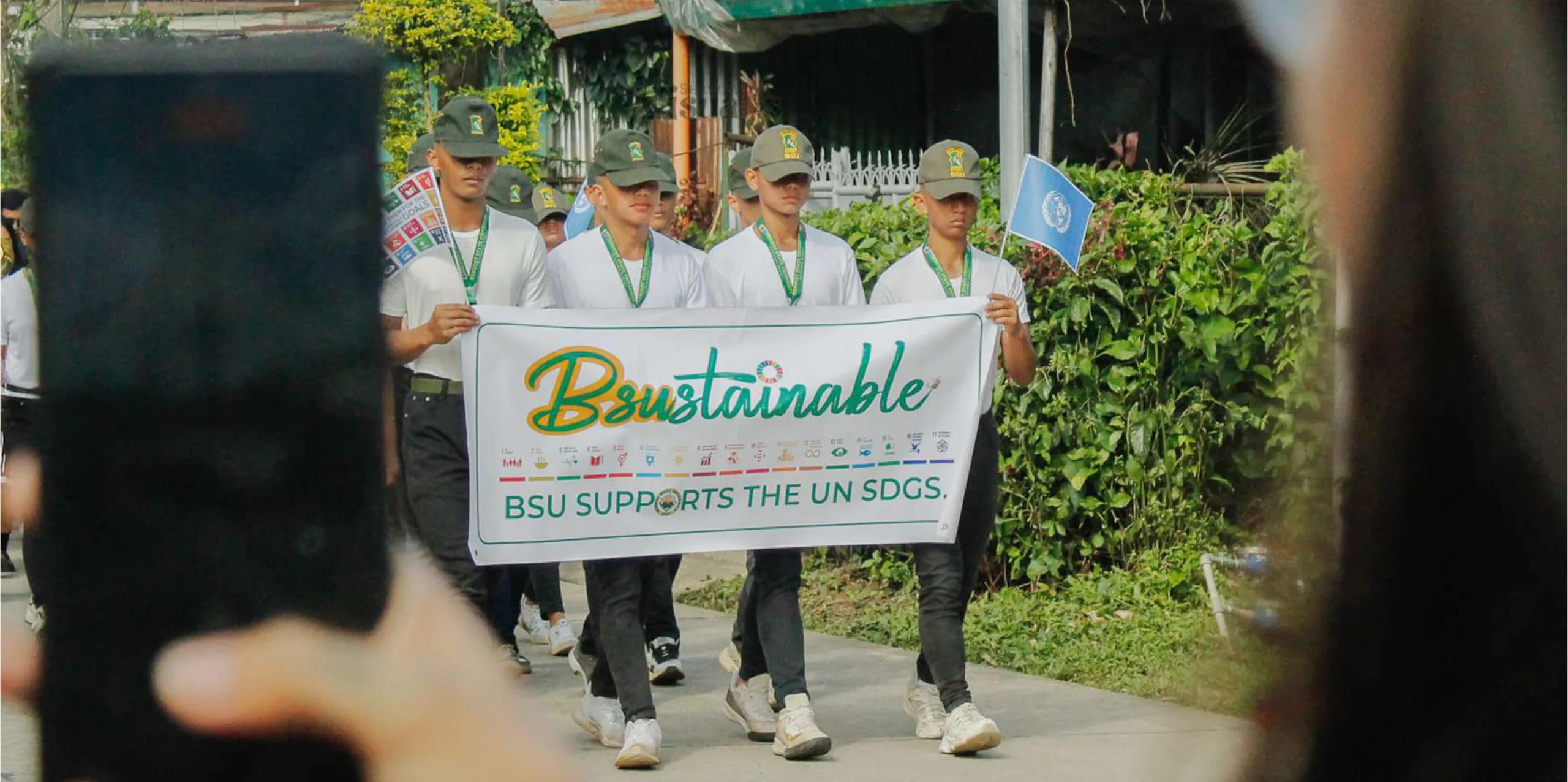
Benguet State University (BSU), nestled in the scenic highlands of La Trinidad, Benguet, stands as a model of sustainability and community engagement in the Philippines. Renowned for its academic excellence and cultural stewardship, the university continues to expand its role beyond education—serving as a hub for environmental protection, heritage preservation, and sustainable urban development. Under UN Sustainable Development Goal 11: Sustainable Cities and Communities, BSU integrates cultural conservation, infrastructure planning, and green innovation into its daily operations and long-term development agenda.
Preserving Heritage and Promoting Cultural Awareness
BSU’s 100-year-old campus embodies the cultural and historical legacy of the Cordillera region. Landmarks such as Centennial Park, with its historical markers and serene eco-park, reflect the university’s commitment to honoring Benguet’s rich history. The BSU High School buildings, dating back to the American period, stand as architectural symbols of the university’s enduring legacy.
The BSU Museum serves as a living archive of indigenous knowledge and cultural identity. It houses artifacts, ethnographic materials, and historical documents that capture the evolution of both the institution and the Cordilleran community. With free public admission, the museum ensures that every visitor—student, scholar, or local resident—can engage with the region’s cultural heritage. Temporary exhibits on art, folklore, and local history keep the museum’s offerings dynamic and inclusive, further strengthening its role as a center for education and cultural preservation.
The BSU Library extends its resources beyond the university community by providing limited public access to its extensive collection of books, journals, and digital resources. This inclusive approach promotes intellectual growth within the broader community while maintaining a conducive environment for academic research.
Green Spaces and Sustainable Campus Design
The BSU campus is home to extensive open and green spaces, accessible year-round to the public. Its botanical gardens, lawns, and wooded areas serve as living classrooms and sanctuaries for both biodiversity and recreation. These spaces host tours, workshops, and community events that promote environmental awareness and sustainability.
BSU’s green initiatives including waste management, water conservation, and energy-efficient infrastructure underscore its dedication to a resilient and eco-friendly campus. The university has also developed pedestrian walkways and covered paths, promoting safe and sustainable mobility within the campus.
Empowering Arts, Culture, and Heritage
The Center for Culture and the Arts (CCA) of Benguet State University (BSU) stands as a vibrant expression of the university’s enduring commitment to preserving and promoting the rich cultural heritage of the Cordillera region. Through music, dance, and performance, the CCA serves as a bridge between generations fusing academic excellence with artistic creativity. The center is home to several distinguished performing groups, including the Highland Cultural Dance Troupe (KONTAD), Lowland Cultural Dance Troupe (Sinagtala), Glee Club, Dramatic Arts Club, Marching Band, Rondalla, Combo Band, and Visual arts, each contributing to BSU’s mission of nurturing talent, celebrating culture, and sustaining the arts as a vital force in community life.
Sustainable Planning and Infrastructure
Sustainability is deeply embedded in BSU’s infrastructure planning. The university collaborates with local authorities in developing campus housing and community planning, ensuring inclusivity and alignment with regional development goals.
BSU provides affordable and well-maintained housing for both employees and students. Faculty and staff have access to family and single-occupant units located within walking distance from key university facilities. For students, dormitory-style accommodations cater to varying needs, including separate facilities for female, male, foreign, and graduate students.
Green Architecture and Brownfield Redevelopment
In 2023, the enactment of Republic Act No. 11970 established the BSU College of Medicine, marking a milestone in the university’s commitment to public health and sustainability. The forthcoming College of Medicine Building will embody eco-friendly design principles utilizing solar energy, natural ventilation, horizontal wall gardens, rainwater harvesting systems, and permeable pavements.
Moreover, BSU has demonstrated leadership in brownfield redevelopment, repurposing previously underutilized land for new educational and operational facilities. A notable example is the transformation of a brownfield site into a motorpool and transportation facility. Through remediation and strategic planning, BSU turned an idle space into a functional hub that supports campus transport and contributes to sustainable operations.
A Sustainable and Culturally Rooted Future
Benguet State University exemplifies how higher education institutions can shape sustainable, inclusive, and culturally vibrant communities. From its museum and gardens that preserve heritage to its green buildings and walkable campus, BSU integrates sustainability into every facet of its mission.
By harmonizing environmental stewardship with cultural preservation, BSU not only supports the United Nations Sustainable Development Goal 11 (Sustainable Cities and Communities) but also sets a standard for universities across the Philippines and beyond.

